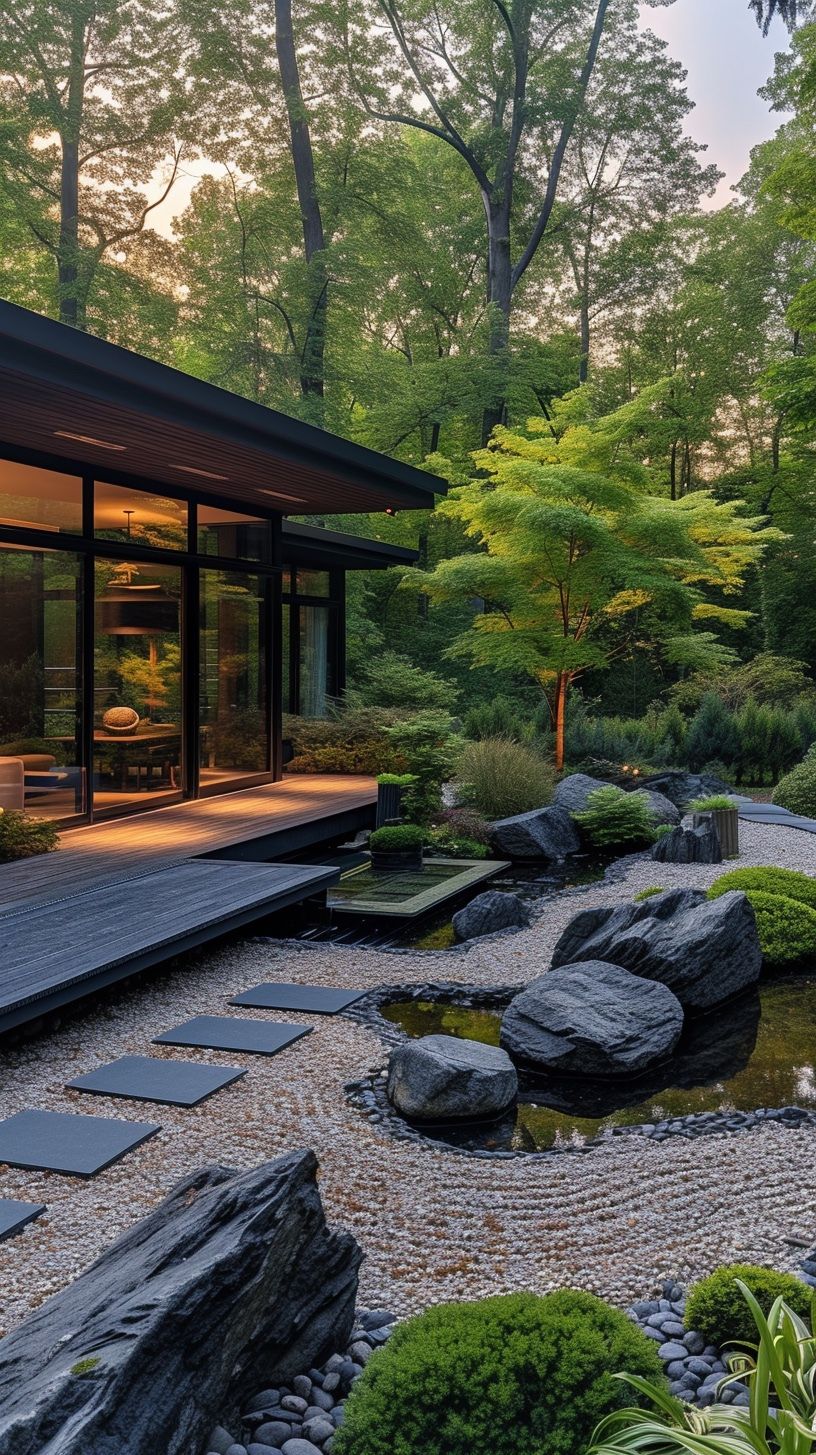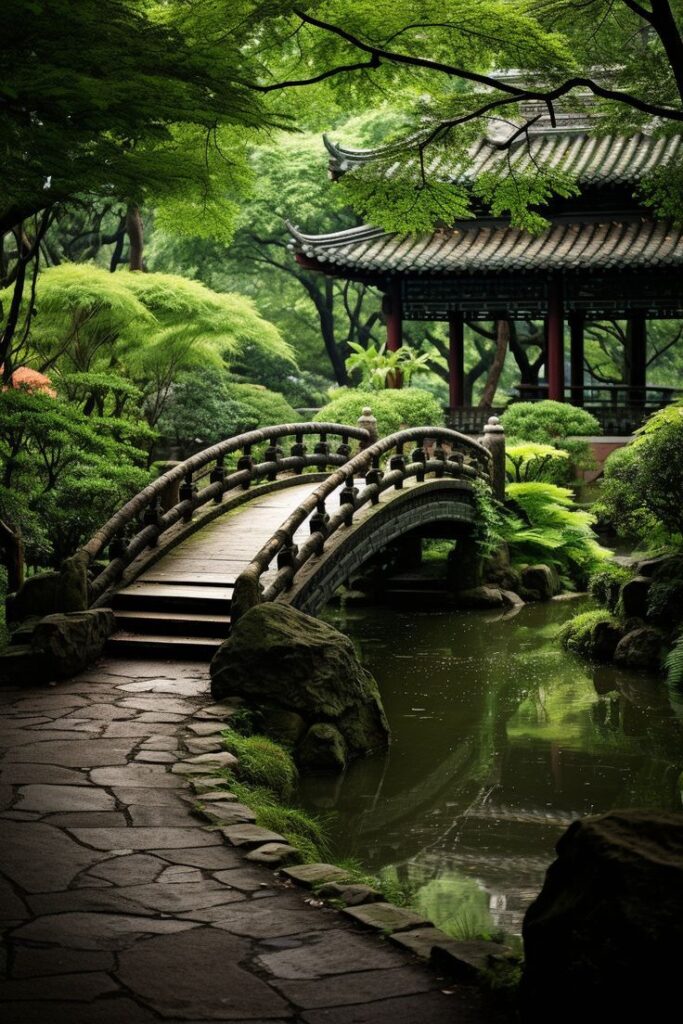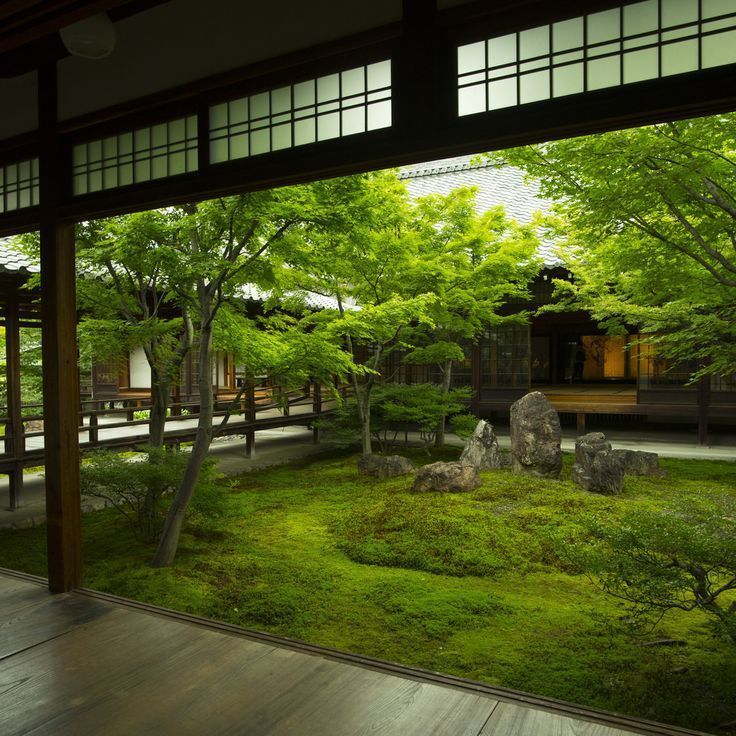Japanese gardens are known for their serene and harmonious design, reflecting the natural beauty of the landscape. These gardens are carefully planned and meticulously maintained to create a peaceful and contemplative environment for visitors. From traditional tea gardens to expansive stroll gardens, there are various styles of Japanese gardens that cater to different tastes and preferences.
One of the key elements of a Japanese garden is the use of water features, such as ponds, streams, and waterfalls. Water is considered a vital life force in Japanese culture, and its presence in the garden symbolizes purity and tranquility. The sound of flowing water in a garden can help to create a sense of calm and relaxation, inviting visitors to pause and reflect on the beauty of nature.
Another important feature of Japanese gardens is the use of plants and trees to create a sense of balance and harmony. Carefully selected trees, shrubs, and flowers are arranged in a way that mimics the natural landscape, with an emphasis on creating a sense of depth and perspective. Evergreen trees, such as pine and cedar, are commonly used in Japanese gardens to symbolize longevity and resilience.
In addition to water features and plantings, Japanese gardens often include various elements of hardscape, such as bridges, lanterns, and stepping stones. These elements are carefully placed to enhance the overall aesthetic of the garden and create a sense of unity with nature. Stone lanterns, in particular, are a common feature in Japanese gardens, symbolizing enlightenment and guiding visitors along the garden paths.
Japanese gardens are also designed to evoke a sense of tranquility and mindfulness. Distinctive features, such as Zen rock gardens and tea houses, provide spaces for contemplation and meditation. Zen rock gardens, or karesansui, consist of carefully arranged rocks and gravel that represent different elements of nature, such as mountains and rivers. These minimalist gardens are meant to inspire introspection and quiet reflection.
Overall, Japanese gardens are a testament to the artistry and craftsmanship of Japanese culture. From the meticulous planning and design to the careful selection of plants and materials, every aspect of a Japanese garden is carefully considered to create a harmonious and inviting space. Whether you are seeking a place for meditation and contemplation or simply a peaceful retreat from the chaos of everyday life, a visit to a Japanese garden is sure to inspire a sense of peace and serenity.
 yishifashion Where Outdoor Dreams Become Reality
yishifashion Where Outdoor Dreams Become Reality

















